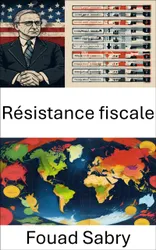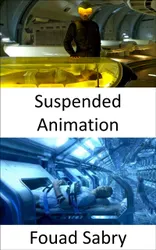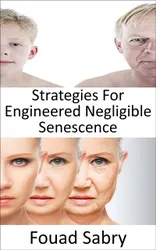What Is Nanosensor
Nanosensors are devices that measure physical quantities and turn these readings into signals that can be recognized and evaluated. These devices operate at the nanoscale. Top-down lithography, bottom-up assembly, and molecular self-assembly are among the several methods that have been presented as potential approaches to the production of nanosensors in the modern day. There is a wide variety of nanosensors available for purchase as well as being developed for a variety of applications, the most prominent of which are in the fields of medicine, the environment, and defense. These sensors all follow the same standard procedure, which begins with the selective binding of an analyte and continues with the creation of a signal from the interaction of the nanosensor with the bio-element, followed by the processing of the signal into relevant metrics.
How You Will Benefit
(I) Insights, and validations about the following topics:
Chapter 1: Nanosensor
Chapter 2: Nanotechnology
Chapter 3: Nanomedicine
Chapter 4: Biosensor
Chapter 5: Nanomaterials
Chapter 6: Nanoelectromechanical systems
Chapter 7: Surface plasmon resonance
Chapter 8: Nanobiotechnology
Chapter 9: Nanochemistry
Chapter 10: Biointerface
Chapter 11: Polymer nanocomposite
Chapter 12: Thalappil Pradeep
Chapter 13: Green nanotechnology
Chapter 14: Self-assembling peptide
Chapter 15: Holographic sensor
Chapter 16: Surface-assisted laser desorption/ionization
Chapter 17: Chemiresistor
Chapter 18: Bio-FET
Chapter 19: Virus nanotechnology
Chapter 20: Chemical sensor array
Chapter 21: Markita del Carpio Landry
(II) Answering the public top questions about nanosensor.
(III) Real world examples for the usage of nanosensor in many fields.
(IV) 17 appendices to explain, briefly, 266 emerging technologies in each industry to have 360-degree full understanding of nanosensor' technologies.
Who This Book Is For
Professionals, undergraduate and graduate students, enthusiasts, hobbyists, and those who want to go beyond basic knowledge or information for any kind of nanosensor.
























